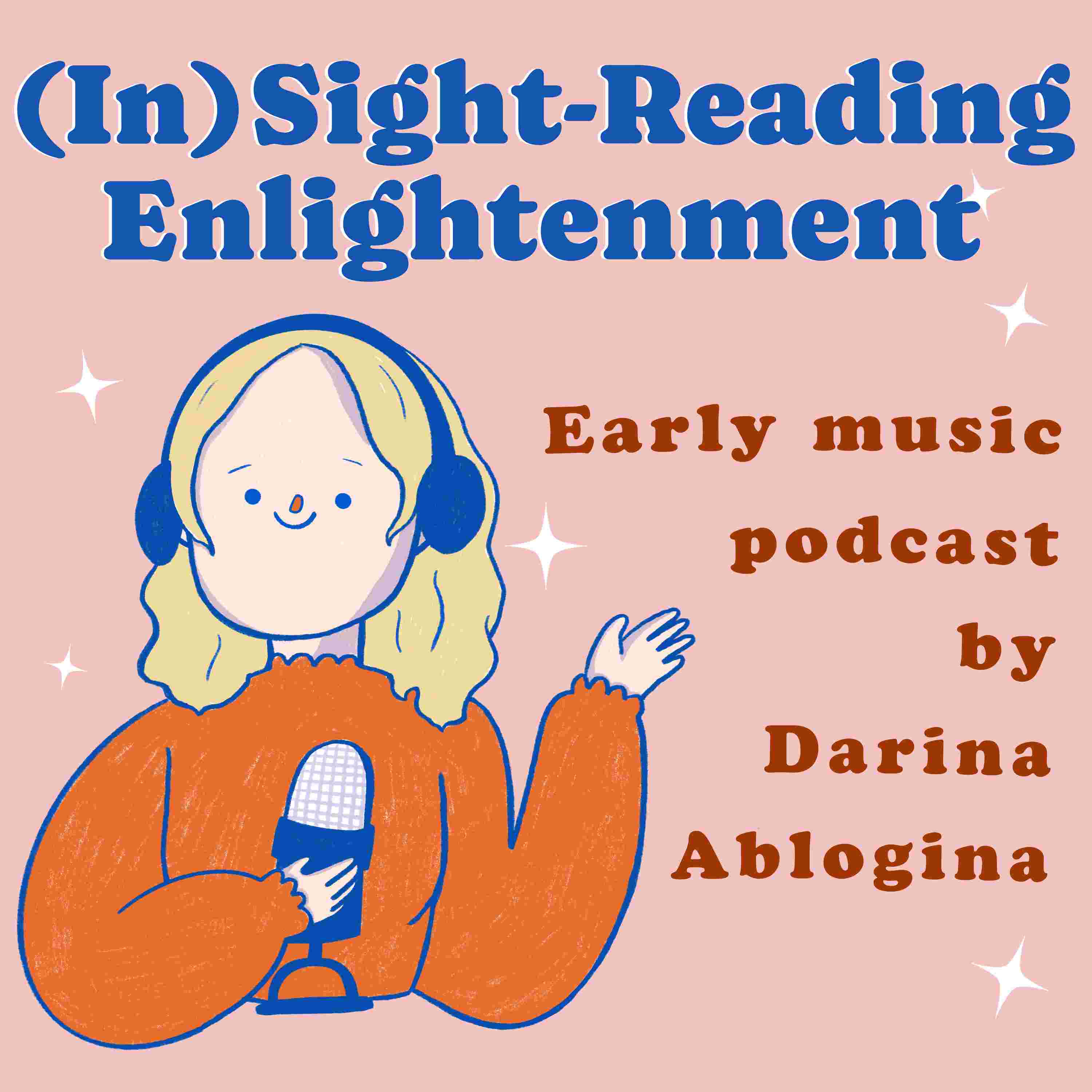

In this second episode of our zamus mini-series, we take a deep dive into the work of Critical Classics—an initiative that rethinks how we perform historical operas and oratorios by addressing racism, exoticism, and other forms of discrimination embedded in the original texts.
We’re joined by Leyla Ercan, co-initiator of the project, and Änne-Marthe Kühn, dramaturge and researcher, who reflect on how theatre can both reveal and reproduce harmful narratives. Together, they share the origins of the project, their guiding principles, and what it means to reframe canonical works like The Magic Flute in a way that speaks to our current world.
We discuss strategies of sensitivity reading, the role of text and subtext, and how audiences respond when difficult truths are brought to light. What does it mean to preserve tradition—and when does that tradition need to be questioned?
🎭 More about the project: criticalclassics.org/downloads
🎼 With music from Orkester Nord, courtesy of Aparte label: Watch here
Timecodes:
00:00 – Introduction of guests: Leyla Ercan & Änne-Marthe Kühn
01:10 – “I dislike theatre” – the critical power of the stage
02:02 – Änne-Marthe Kühn: background & why she joined Critical Classics
03:09 – Leyla Ercan: the roots of theatre criticism
04:15 – Aims & mission of Critical Classics
07:15 – Audience reactions & communication
09:49 – Theatre tools & character portrayal
12:44 – Strategies for working with texts
15:25 – Technical methods: how Critical Classics handles opera material
18:17 – Finding inner conflicts that speak to today
19:18 – Why we still need these old stories
20:21 – Historical context of classical opera theatre
22:04 – Outro
#EarlyMusic#DecolonisingMusic#ColonialHeritage#HistoricalPerformance#CriticalClassics#OperaReimagined#MusicAndSociety#InclusiveArts#MusicHistoryMatters#BaroqueVoices#SoundAndStory#ArtAsResistance#NewSpacesInMusic#CulturalReflection#ListeningDifferently